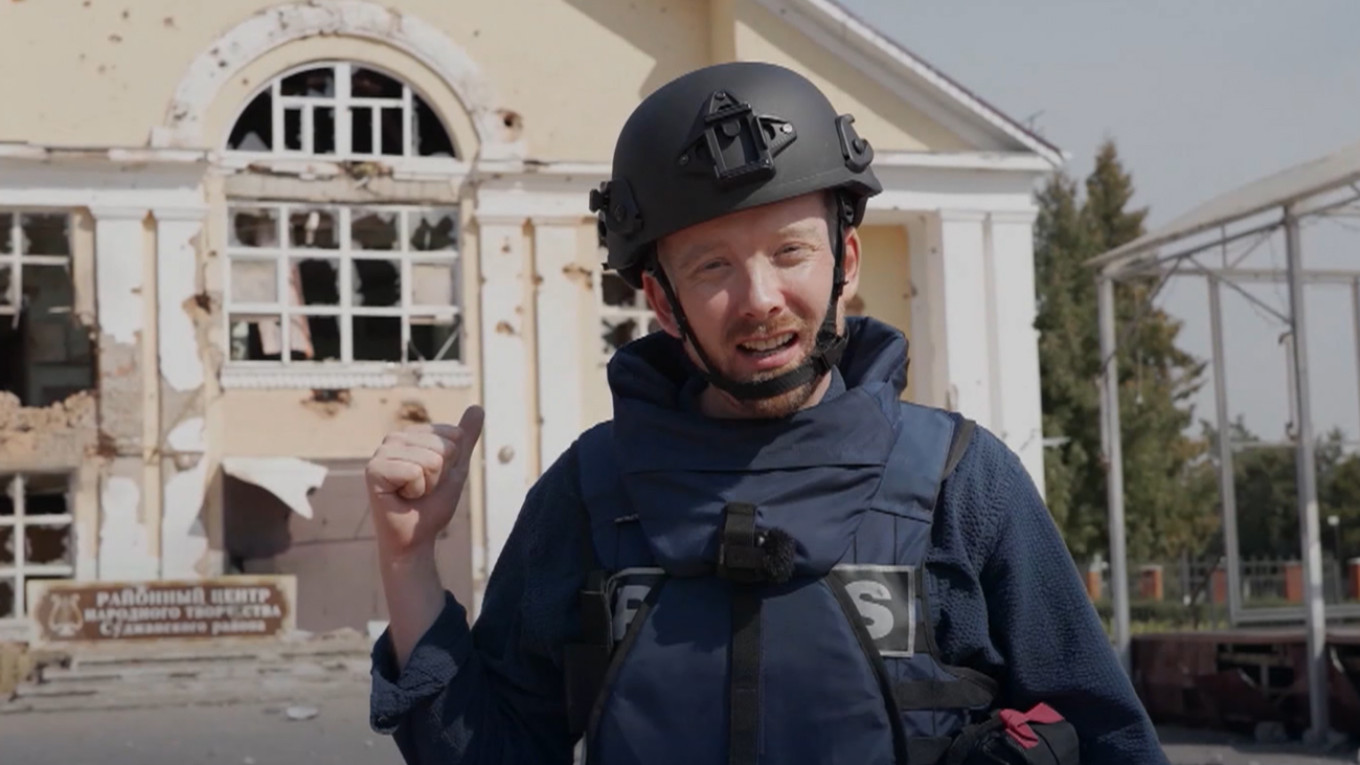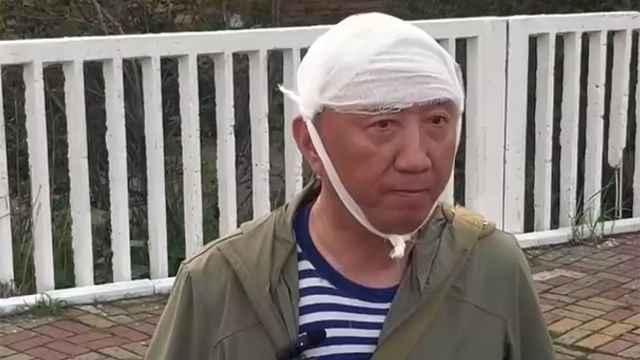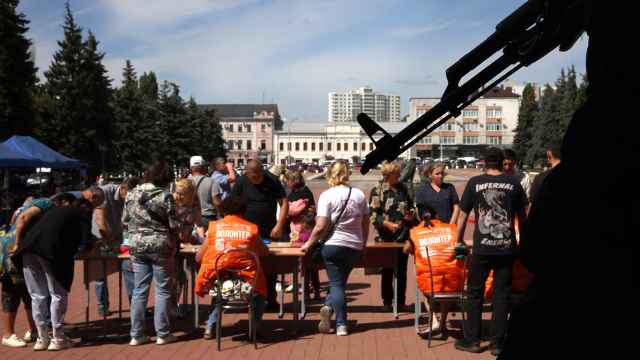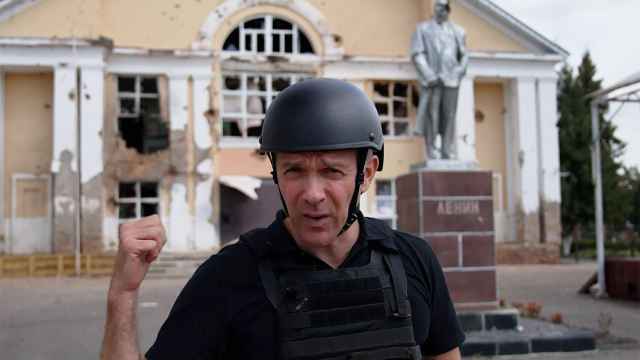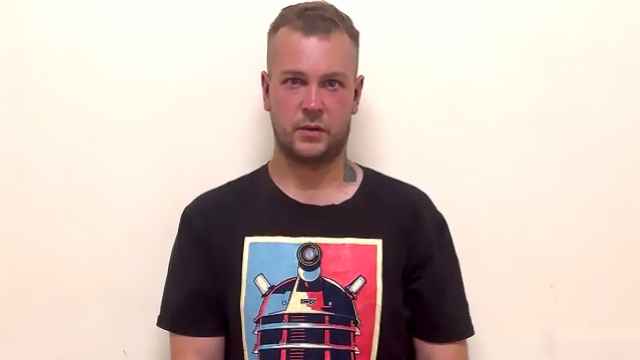Russia’s Federal Security Service (FSB) said Tuesday that it has filed criminal charges against a Deutsche Welle reporter and a Ukrainian television journalist for illegally crossing the border into the Kursk region during a reporting assignment.
“The FSB of Russia has pressed criminal charges and an investigation is underway,” the law enforcement agency was quoted as saying by the state-run Interfax news agency.
The journalists accused of “illegally crossing the state border of Russia” include Deutsche Welle reporter Nick Connolly and Ukrainian 1+1 TV correspondent Nataliya Viktorovna Nahorna.
If convicted, the charges carry a penalty of up to five years in prison.
Earlier, Russian authorities pressed charges against CNN reporter Nick Paton Walsh, two Ukrainian journalists and two Italian reporters from the broadcaster RAI for filming in the Kursk region town of Sudzha. The town was captured shortly after Ukrainian forces launched their surprise incursion on Aug. 6.
In total, Russian law enforcement authorities have so far pressed charges against seven foreign journalists for reporting in the Kursk region. But the journalists and their employers have insisted that their reporting work in the Kursk region did not violate international law.
“Throughout this conflict, our team has delivered factual, impartial reporting covering both the Ukrainian and Russian perspectives on the war,” CNN said in a statement after charges were pressed against Walsh.
“Our team was invited by the Ukrainian government, along with other international journalists, and escorted by the Ukrainian military to view territory it had recently occupied,” it added. “This is protected activity in accordance with the rights afforded to journalists under the Geneva Convention and international law.”
A Message from The Moscow Times:
Dear readers,
We are facing unprecedented challenges. Russia's Prosecutor General's Office has designated The Moscow Times as an "undesirable" organization, criminalizing our work and putting our staff at risk of prosecution. This follows our earlier unjust labeling as a "foreign agent."
These actions are direct attempts to silence independent journalism in Russia. The authorities claim our work "discredits the decisions of the Russian leadership." We see things differently: we strive to provide accurate, unbiased reporting on Russia.
We, the journalists of The Moscow Times, refuse to be silenced. But to continue our work, we need your help.
Your support, no matter how small, makes a world of difference. If you can, please support us monthly starting from just $2. It's quick to set up, and every contribution makes a significant impact.
By supporting The Moscow Times, you're defending open, independent journalism in the face of repression. Thank you for standing with us.
Remind me later.


